

Giorgio Viterbo
Movies for Giorgio Viterbo...
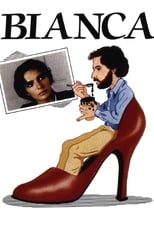
Title: Bianca
Character: history teacher
Released: February 23, 1984
Type: Movie
Eccentric and full of manias, Michele is a young high school professor who defines himself as “not used to happiness”. He realizes his life is meaningless if he doesn’t have a woman by his side but, after a series of rather disastrous experiences, he feels more alone than ever. Then, out of the blue, a new French teacher called Bianca arrives at school. Amongst uncertainties and contradictions, the two start dating. In the meantime, a series of homicides take place and a police officer begins to suspect that Michele is involved. Bianca will save him providing an alibi at the right moment, but then, everything goes wrong again.

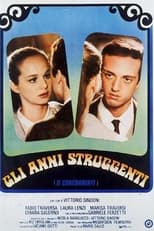

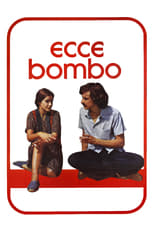
Title: Ecce Bombo
Character: Reporter di TeleCalifornia
Released: March 8, 1978
Type: Movie
Michele, Goffredo, Mirko and Vito are four friends who have participated in the battles of the student in Sixties. Now in the Seventies, the four friends don't know what to do, though young and with so many possibilities to find a job in life. Intellectuals marginalized and misunderstood, the four friends find themselves when they can in a restaurant to discuss their outlandish theories. A girl named Olga disrupts their life, but Michele is her favorite, although he does not know what to do with the girl.

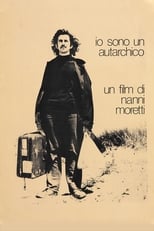
Title: I Am Self-Sufficient
Character: Giorgio
Released: December 14, 1976
Type: Movie
Michele Apicella lives in Rome, in an apartment paid for by his father. Abandoned by his wife and his son Andrea, he occupies his time acting in an experimental theater company under the artistic direction of his friend Fabio.

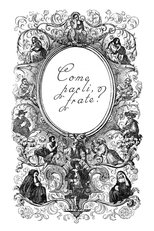
Title: How Do You Speak, Brother?
Character: Renzo
Released: January 1, 1974
Type: Movie
A parody of Manzoni's canonical 19th-century novel "I promessi sposi" (The Bethroded) from the point of view of the villain Don Rodrigo, who, however, in this upended version of the story is the victim rather than the perpretator of the violence.
